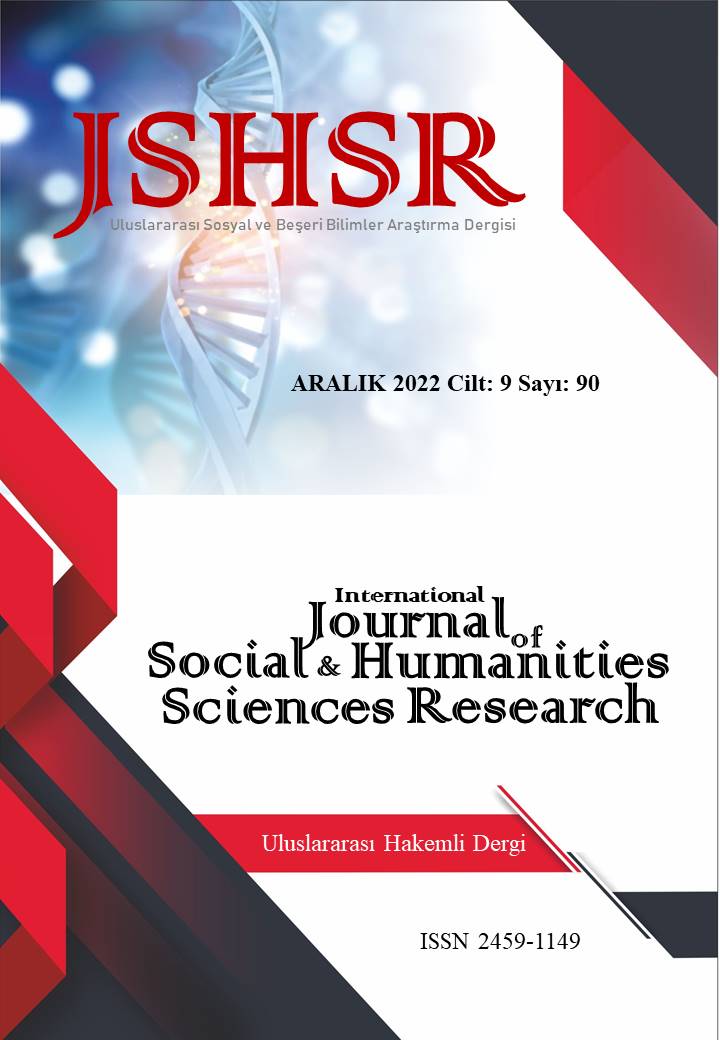A RESEARCH ON DETERMINING THE PERCEPTIONS OF AUTHENTIC AND INTEGRATIVE LEADERSHIP OF GENERATION Y
DOI:
https://doi.org/10.26450/jshsr.3355Keywords:
Generation, Generation Y, Leadership, Authentic Leadership, Integrative LeadershipAbstract
The aim of this study is to reveal the perceptions of Generation Y on Authentic Leadership and Integrative Leadership. Different perceptions, expectations, and behavior patterns of different generation members can be a potential source of conflict for businesses. It is more difficult for different generations to work together in harmony. In this context, a good reading of the value judgments, beliefs and attitudes, and expectations of different generation members is important for employees and managers, organizations, and literature. A questionnaire was used as a data collection tool. 200 members of the Y generation were reached. Authentic Leadership and Integrative Leadership Scales were used to measure the participants' perception of leadership. As a result of the analysis of the data, it was found that the Y-generation participants had high authentic and integrative leadership scores. Accordingly, it can be said that the members of Generation Y carry authentic and integrative leadership characteristics to a great extent. In addition, there is a statistically significant positive relationship between integrative leadership perceptions and authentic leadership perceptions of the participants. As participants' perceptions of integrative leadership increase, so does their perception of authentic leadership. In this case, it can be said that individuals with authentic leadership qualities such as self-knowledge, objectivity, relational transparency/authenticity, and internalized moral values also have the ability to integrate group members
Downloads
Published
How to Cite
Issue
Section
License
Copyright (c) 2022 INTERNATIONAL JOURNAL OF SOCIAL HUMANITIES SCIENCES RESEARCH

This work is licensed under a Creative Commons Attribution 4.0 International License.


